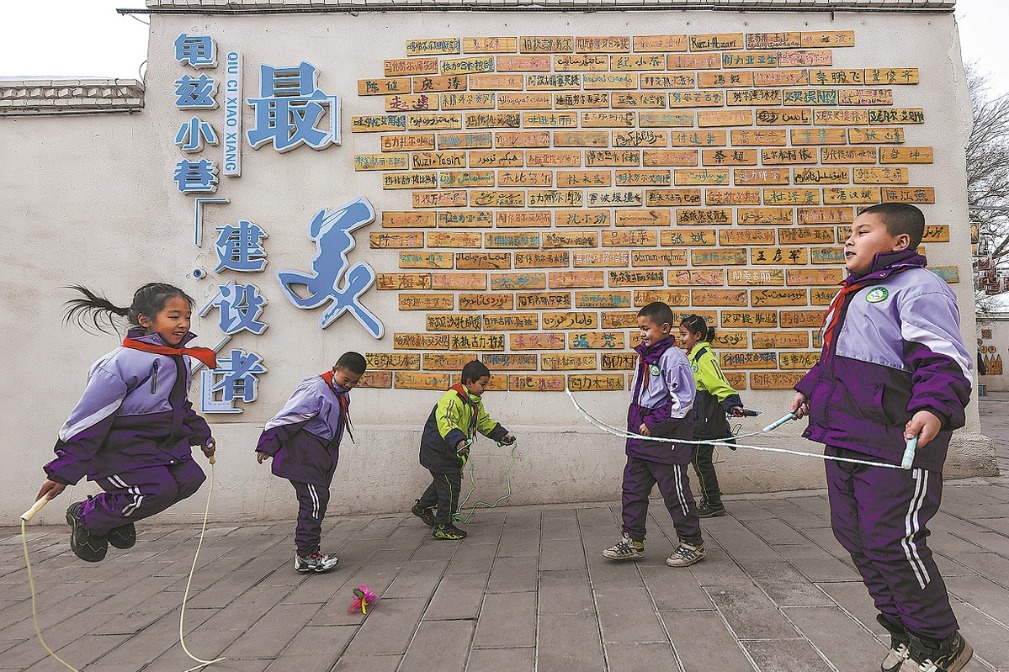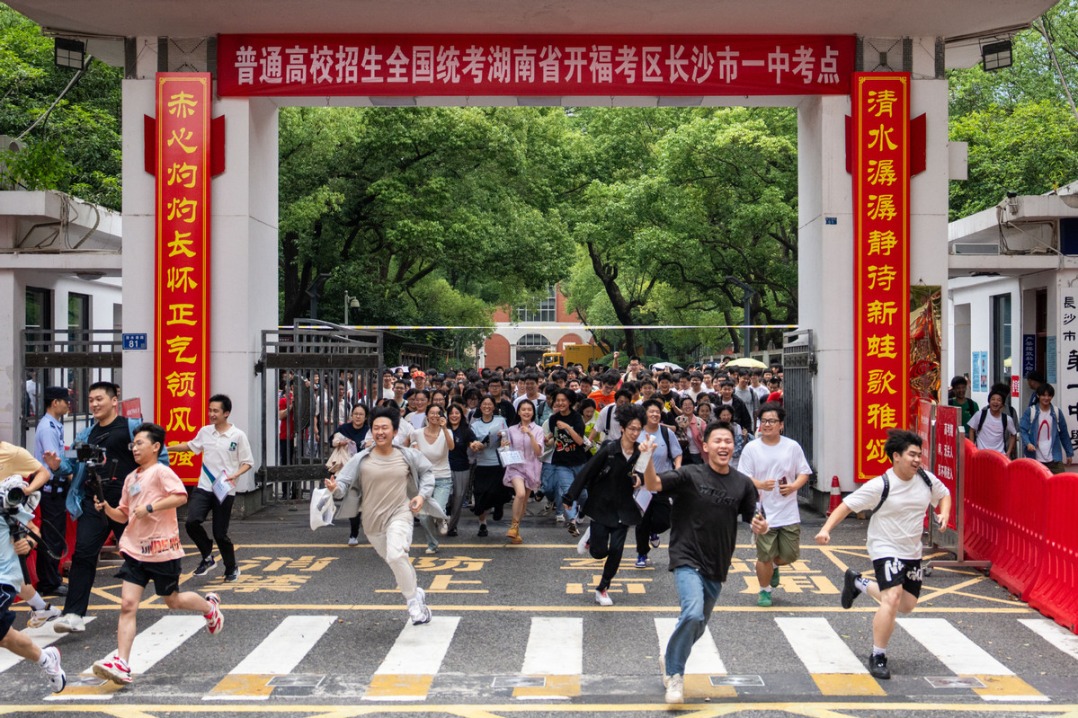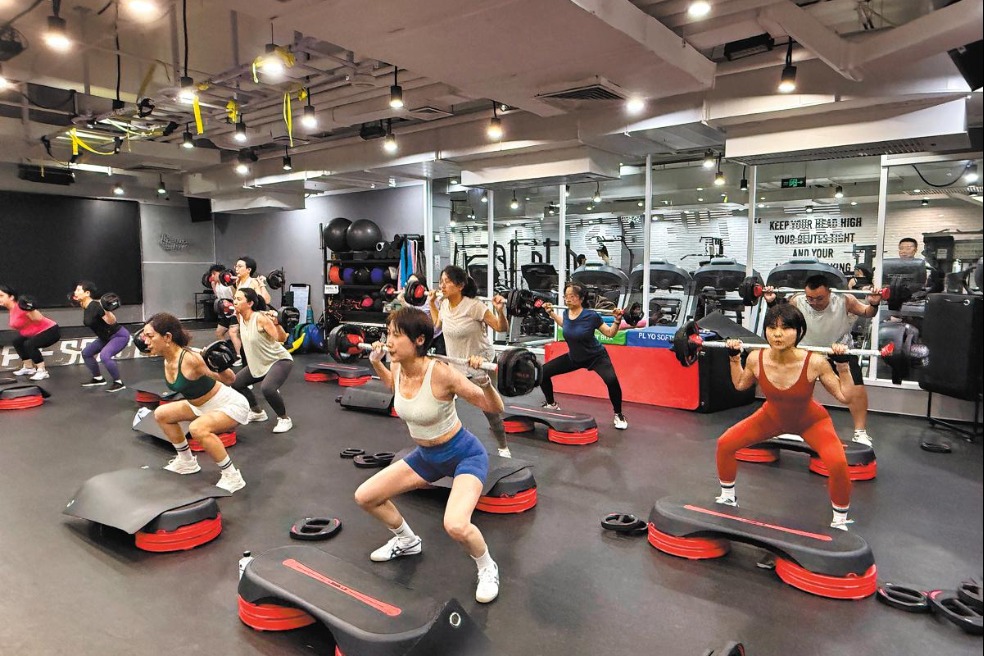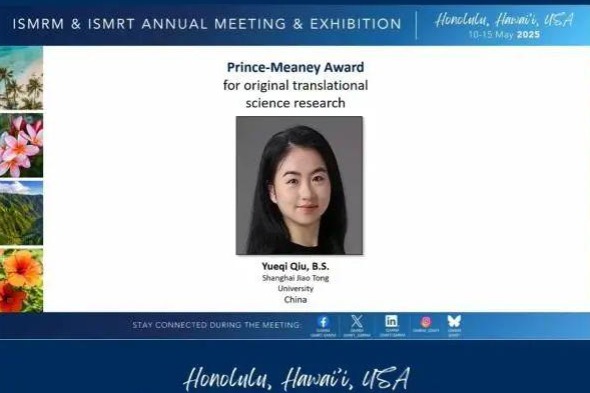Volunteer shares his love of city's culture, history

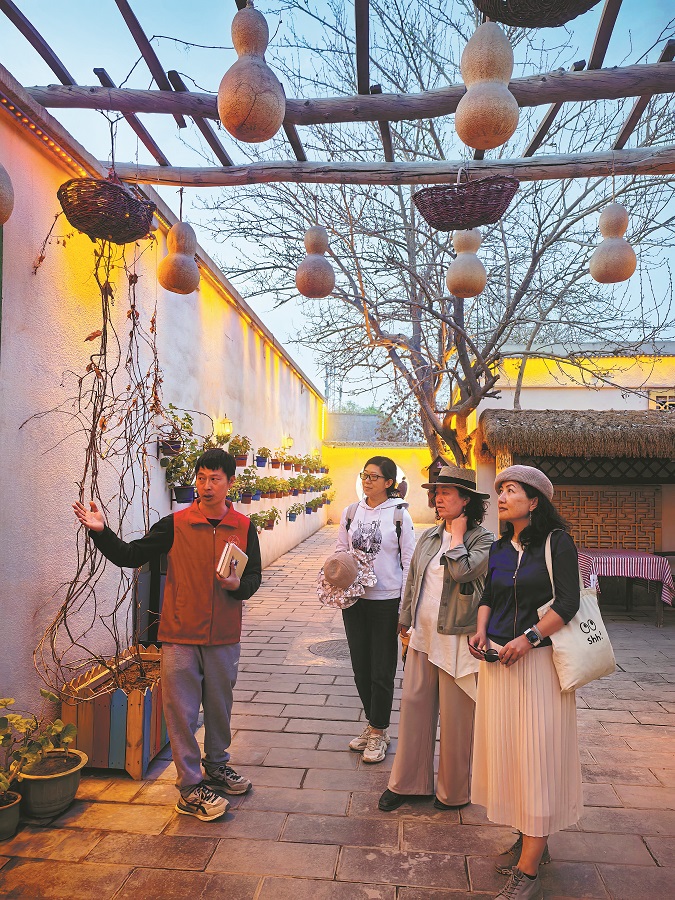
For the past 20 years, Liu Zhiyuan has used his spare time during weekends, evenings and holidays to voluntarily introduce Kuqa's history and cultural heritage to tourists.
Wearing a red volunteer's vest, he guides tourists on walks through Qiuci Alley and other cultural sites in the old town section of Kuqa, in Aksu prefecture, Xinjiang Uygur autonomous region, informing them about the history, culture and customs of the city.
Kuqa was an important hub on the ancient Silk Road and a key intersection for the convergence of Eastern and Western cultures. Buddhist art, music and murals flourished in the city, giving rise to Qiuci culture.
Liu, 38, runs a construction company. But his passion is explaining to visitors the origins of Buddhist murals and the rhythms and history of Qiuci's music and dance. He tailors the information so different visitors can easily understand Kuqa's rich history, diverse culture, and local traditions.
He started volunteering in 2005 while he was still a middle school student. Liu said he was motivated by a tourist who asked him for directions, and about the meaning of "Qiuci". To his embarrassment, he didn't have an answer.
"I was shocked and ashamed to find myself a stranger to my hometown's past," he said.
Determined to change the situation, Liu immersed himself in books and other information on Kuqa's history, traditions and culture, and started sharing what he had learned with visitors.
Feedback from visitors drives his passion for volunteer work. In 2023, he met a mother and her son from Nanjing, Jiangsu province, who had planned to stay in Kuqa for one night before heading to Kashgar. After Liu's vivid explanation of the local culture and traditions, they changed their travel plans and stayed several more days.
Later, the mother sent Liu a message saying her son had written an essay about the trip. She said her son better understood the importance of volunteer work and had discovered a culture he had never known. "Such feedback really touched me, and I felt so honored being a volunteer," Liu said.
He keeps two notebooks filled with handwritten messages from visitors who come from around the country. Most of the messages express thanks to Liu, praising his warmth and kindness, as well as his meticulous storytelling and promotion of local culture.
One message from a visitor from Taiwan said Liu's explanation of the history of a local reservoir helped him understand the hard-won development of hydropower in Xinjiang. "I wish our motherland a brighter future," the message said.
Liu believes that the core of Qiuci culture is its openness and inclusiveness. "Qiuci culture is part of our greater Chinese civilization. It reflects the idea of unity in diversity," he explained.
That unity is seen in the people of Kuqa. "Here, people of the Han and Uygur ethnic groups don't see each other as different. We just call each other adash, which means friend," Liu said.
Liu often assists Qiuci Alley shopkeepers when they are busy with customers or need help with translations. "Many people here know me. They sometimes invite me home for a meal," he said.
He said he spends every free moment he has in Kuqa's old town. "I hope to introduce the culture of my hometown to more people because the culture here is brilliant and profound. If no one speaks up, who will know about it?"
















